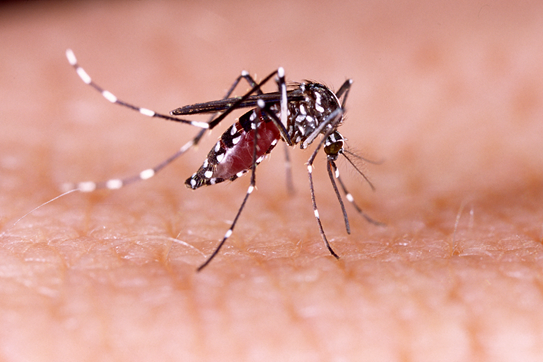
image credit: https://medicine.wustl.edu
The Zika virus, which can cause devastating damage to the brains of developing fetuses could one day be developed to effectively treat glioblastoma, a deadly brain cancer. The Washington University School of Medicine in St. Louis and the University of California San Diego School of Medicine conducted some research that shows that the virus kills brain cancer stem cells, the type of cell most resistant to treatments.
Bhandari, Tamara. “Zika virus kills brain cancer stem cells.” Washington University School of Medicine in St. Louis, 5 Sept. 2017, medicine.wustl.edu/news/zika-virus-kills-brain-cancer-stem-cells/.





